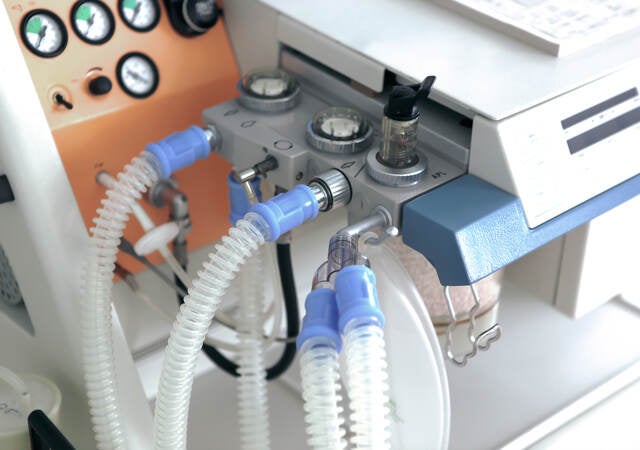May 20, 2025
The requirements for AI literacy per the European Artificial Intelligence Act (AIA) came into force on February 2, 2025. This was discussed in our webinar. To provide further guidance, the EU Commission published (May 7) an FAQ on this topic.
Key highlights from the FAQ on AI Literacy
Definition and scope: AI literacy as defined under Article 3(56) of the AIA is “ skills, knowledge and understanding that allow providers, deployers and affected persons, taking into account their respective rights and obligations in the context of this regulation, to make an informed deployment of AI systems, as well as to gain awareness about the opportunities and risks of AI and possible harm it can cause.” Organizations should take this to mean that employees, contractors, service providers and partners acting under their authority must have the relevant level of AI literacy.
Risk-based approach: Similar to many tenets related to medical devices, the FAQ emphasizes a risk-based approach to AI literacy, taking into account factors such as the context of use and users of the AI system. Additional measures should be considered for high-risk AI systems. There is a linkage here to Article 26 which requires that deployers of high-risk systems provide human oversight; relying on instructions for use is therefore not sufficient and will require further measures to meet the obligations.
Documentation: While formal certification is not required as evidence of compliance with the AIA, organizations are encouraged to document internal training activities within training files in their ISO 13485-compliant quality management system and consider the specific context in which AI systems are used.
Extraterritorial applicability: The provisions of the AIA apply to public and private actors situated both inside and outside the EU, provided the AI system is placed on the EU market, used in the EU or impacts individuals located in the EU.
Enforcement timeline: Enforcement of the obligations is under the remit of national market surveillance authorities, due to be nominated by August 2, 2025. While the AI literacy obligations are already in effect, enforcement by national competent authorities will commence on August 2, 2026.
Practical implementation
Organizations that develop or deploy AI systems must provide a sufficient level of AI literacy among their staff and others involved in the operation and use of these systems. This applies to all AI systems, regardless of risk classification. It is expected that this will be assessed by regulators when assessing against other provisions, for example, during conformity assessment, but could also be during unannounced audits
Organizations should consider the following actions to align with AI literacy requirements:
- Conduct AI literacy assessments to evaluate the current level of AI literacy among staff (including contractors, service providers) and identify gaps.
- Develop tailored training programs, specific to the roles and responsibilities of employees interacting with, or responsible for AI systems.
- Document training efforts by maintaining records of activities used to demonstrate compliance.
- Engage with key stakeholders to foster a culture of responsible AI, and effective implementation across all levels of the organization.
Concluding remarks
As medical device manufacturers increasingly integrate AI technologies, the responsibility to confirm staff and end users possess adequate AI literacy is no longer optional. The EU Commission’s FAQ document clarifies that training must be tailored to the risk level and context of the AI system’s use. For manufacturers, this means developing structured, role-specific training programs that enable the safe deployment and informed oversight of AI-enabled technologies, while documenting efforts to meet regulatory requirements before the August 2026 milestone.
Lastly, as a member of the European Association of Authorized Representatives, Emergo experts are represented at the New Technologies MDCG meeting, this group is currently working on a Q&A document on the interplay between the MDR/IVDR and the AI Act. As soon as the document becomes publicly available, we will update you.
Request more information from our specialists
Thanks for your interest in our products and services. Let's collect some information so we can connect you with the right person.







